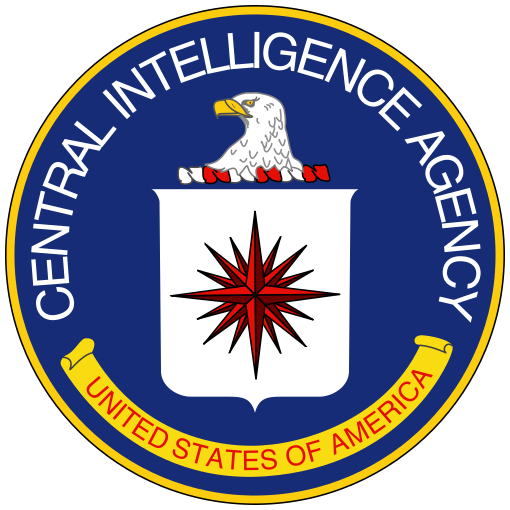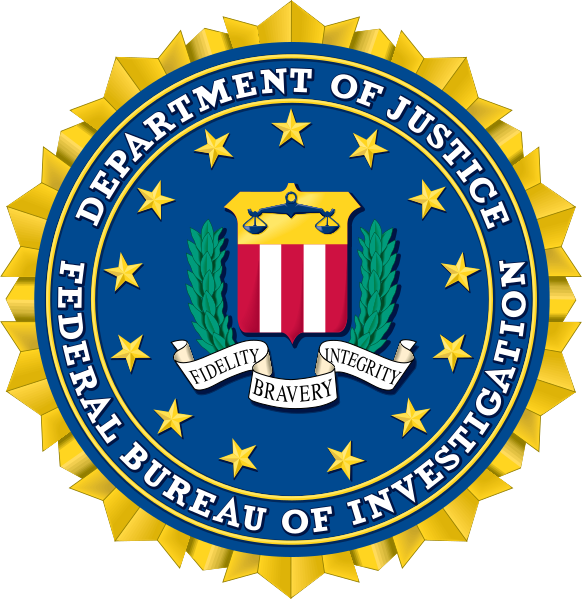J.D. Tuccille on the ATF’s immediate future with FBI director Kash Patel as the newly appointed acting head of the bureau:
… it’s impossible to credibly argue that the ATF doesn’t need a shakeup. After all, this is a federal agency that ran guns to criminal gangs in Mexico as part of a bizarre and failed “investigation”, manipulated mentally disabled people into participating in sting operations — and then arrested them, lost thousands of guns and gun parts, killed people over paperwork violations, and unilaterally reinterpreted laws to create new felonies out of thin air (which means more cause for sketchy investigations and stings). The federal police agency obsessively focused on firearms has long seemed determined to guarantee itself work by finding ever more things to police.
But what about putting the same person in charge of both the ATF and the FBI? How does that make sense?
Well, there’s a lot of overlap in the responsibilities of federal agencies. During the ATF’s “Operation Fast and Furious” gunrunning escapade in Mexico, it coordinated — badly — with the FBI, the Drug Enforcement Administration (DEA), and Immigration and Customs Enforcement (ICE). During its 2012 investigation of that fiasco, the Justice Department Inspector General “conducted interviews with more than 130 persons currently or previously employed by the Department, ATF, the DEA, the FBI, and the Department of Homeland Security (DHS)” on its way to identifying “a series of misguided strategies, tactics, errors in judgment, and management failures that permeated ATF Headquarters and the Phoenix Field Division”.
[…]
Done right, you wouldn’t need as many agents for the combined agency, and you would have lower overhead. But — and this is a big concern — done wrong, you’d end up with a supercharged federal enforcement agency with all the hostility to civil liberties its old components embodied when separate, but now with lots more clout.
When he took charge of the FBI, Patel became the leader of an agency that has long served as a sort of political police. Its abuses date back decades and never seem to go away, just to morph into new ways of targeting anybody who criticizes whoever is currently in power.
“The FBI entraps hapless people all the time, arrests them, charges them with domestic terrorism offenses or other serious felonies, claims victory in the ‘war on domestic terrorism’, and then asks Congress for more money to entrap more people,” John Kiriakou, a former CIA officer and whistleblower, wrote in 2021.
That means there’s already a problem that needs to be addressed, or it could infect a combined agency rather than taking the sharp edges off the ATF.
Also troubling is that before his nomination to head the FBI, Patel made comments suggesting he wants to target his own political enemies. He’s backed off those threats, telling the Senate Judiciary Committee he’s committed to “a de-weaponized, de-politicized system of law enforcement completely devoted to rigorous obedience to the Constitution and a singular standard of justice”. But it’s worth watching what he does with his roles at the separate FBI and ATF before combining the two agencies into something more dangerous.
Or maybe the Trump administration won’t take the next step of formally integrating the ATF and the FBI. Self defense advocates have long called for ATF leadership that isn’t actively hostile to gun owners. If all Patel does is rein in the ATF so that Americans get a few years of relief from that agency’s abuses, that’s a victory itself. But eliminating a much-loathed federal agency would be even better.


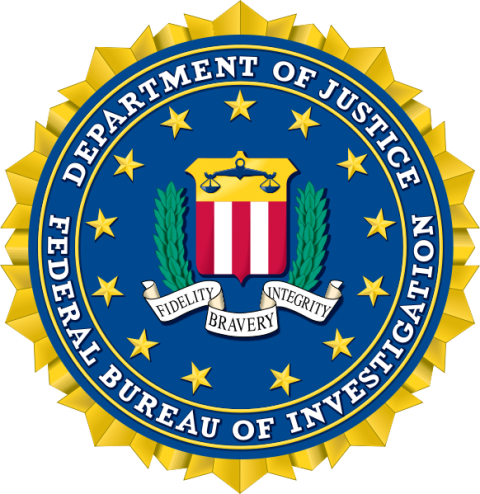

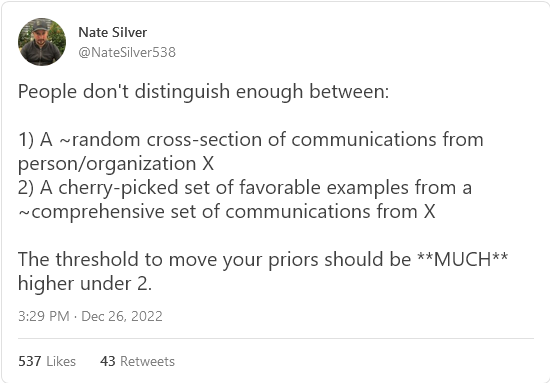
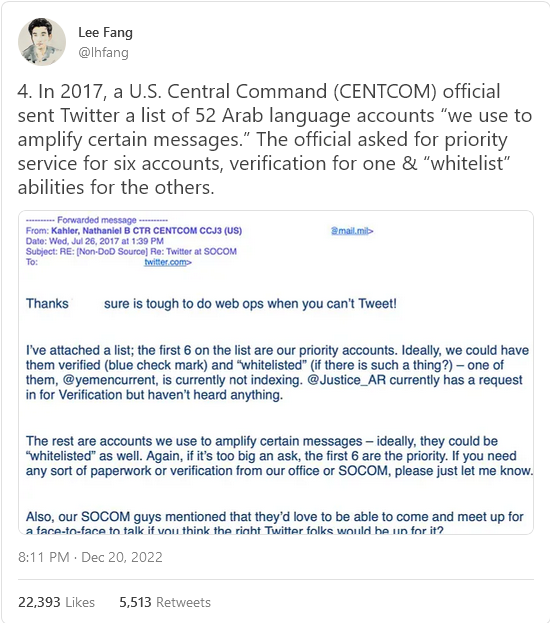
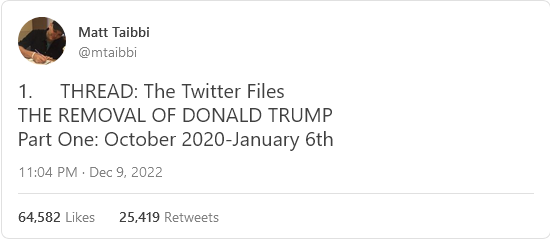
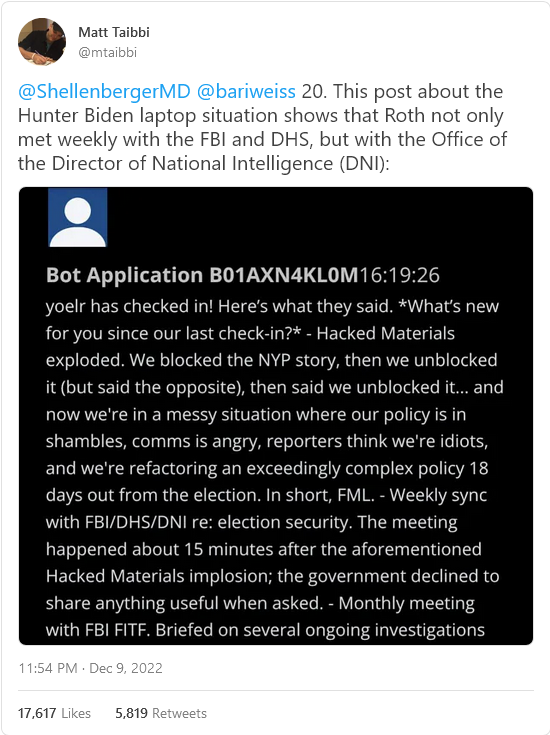

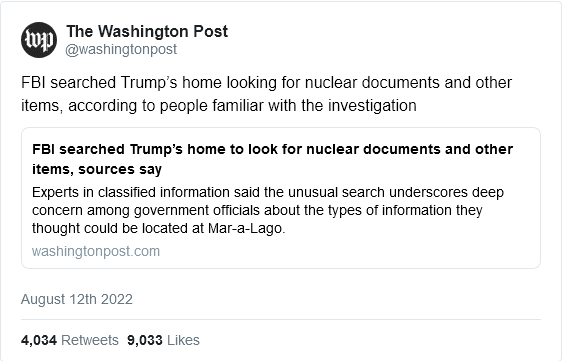
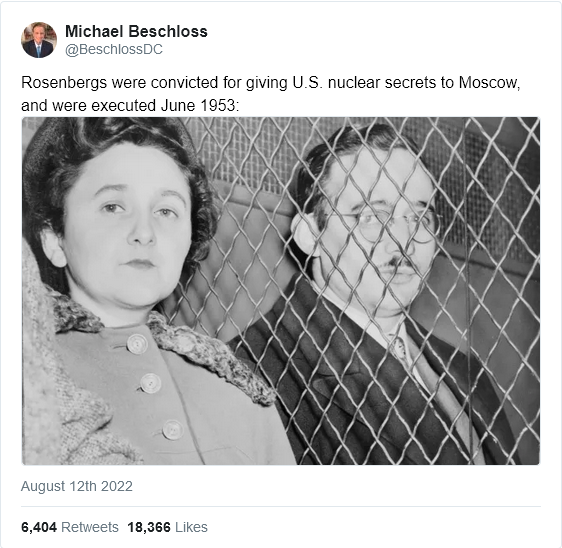
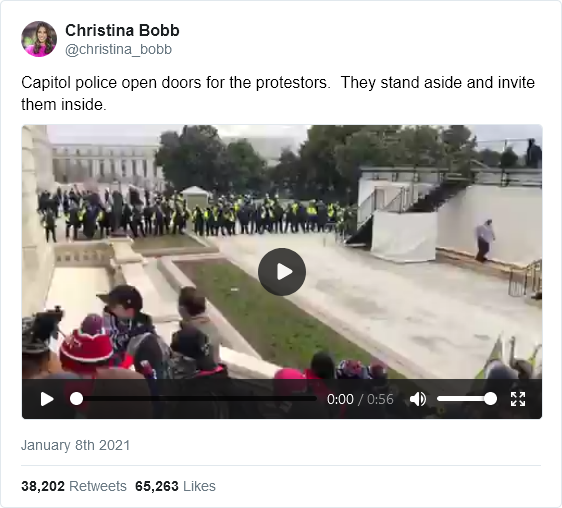
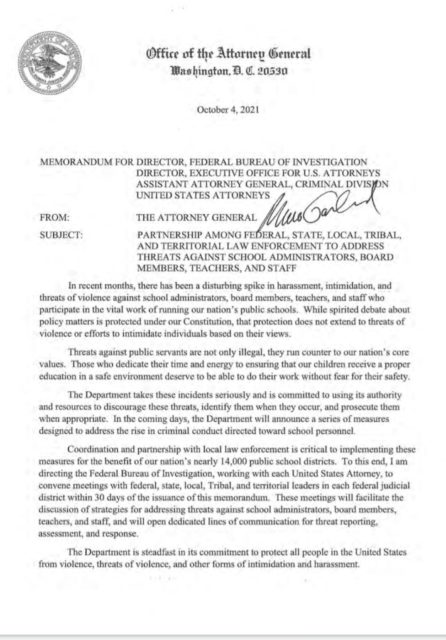
 Merch store ►
Merch store ► 
